Last Updated on May 7, 2023
As the global demand for energy rises, all eyes are on Africa as a potential major player in energy. The African energy industry has the potential to develop into a significant global hub thanks to Africa’s abundant untapped natural resources, which include coal, natural gas, oil, and renewable energy sources.
However, a number of issues still exist, including political unpredictability, inadequate infrastructure, and a lack of funding.
In this article, we will look at the African energy market and its potential to become a powerhouse in the global energy scene while assessing the opportunities and challenges ahead.
Join us as we explore the complexities of this exciting and dynamic sector.
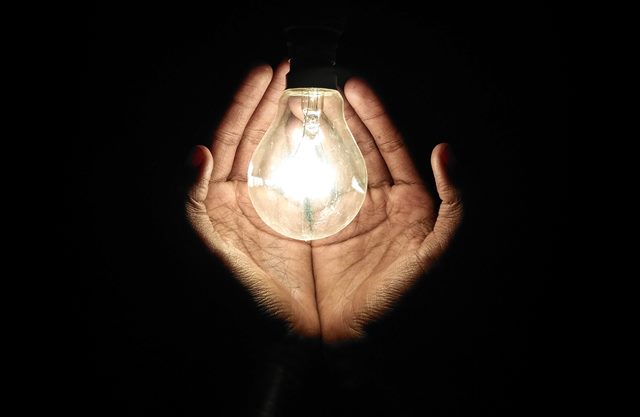
African Natural Resources That Can Contribute to the Energy Sector
Africa is one of the world’s richest regions in natural resources. Here, we will examine Africa’s natural resources that provide the potential for improvement in the energy sector.
Fossil Fuels in African Countries Are Necessary for Energy
Some of the world’s largest oil and gas reserves are in Africa. Major oil-producing nations include Nigeria, Angola, and Algeria, while Mozambique and Tanzania have recently found significant natural gas deposits.
Additionally, South Africa uses substantial coal reserves to produce electricity. Despite these plentiful fossil fuel resources, political unrest, a lack of infrastructure, and low investment make it difficult for many African nations to exploit them fully.
Solar Energy for African Countries
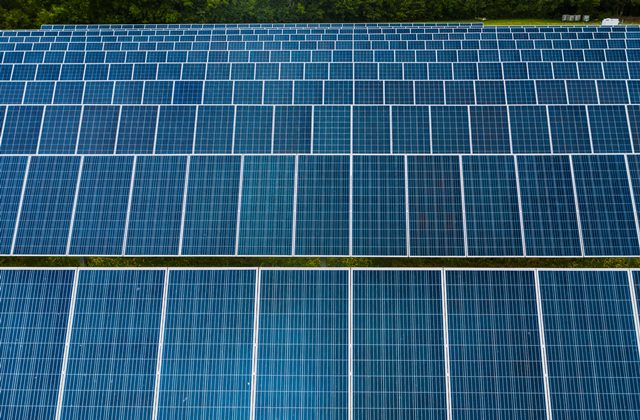
Africa is Earth’s sunniest continent, with many regions receiving more than 2,000 hours of sunlight yearly. Herein lies the potential for solar energy in African countries.
Solar energy has enormous potential for supplying off-grid communities and businesses due to the continent’s abundant sunlight. This makes solar energy a viable option to generate power now and in the coming years.
Wind Energy in African Countries
Africa’s vast coastline can be important in generating wind power. According to the African Development Bank, the continent has the potential to generate over 174,000 MW of wind energy.
Large wind farms are being built in nations like Egypt and Morocco as wind energy gains popularity.
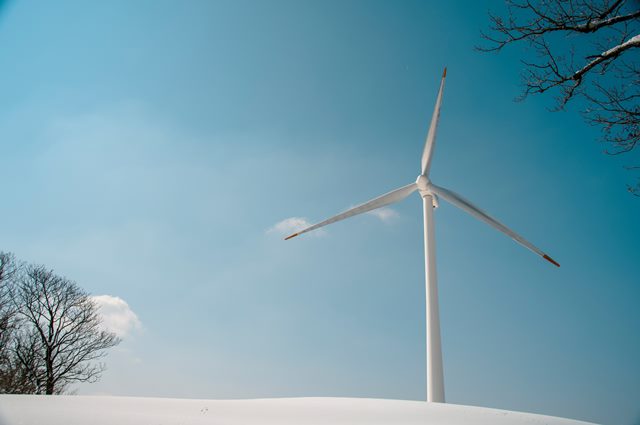
Geothermal Energy
Geothermal energy is increasing in popularity. There are numerous active volcanoes and geothermal springs in Africa that can be used to generate geothermal energy.
For example, Kenya has already built a geothermal power plant capable of producing over 600 MW of power.
Water Resources Can Help Generate Hydropower
Africa is one of the continents with the most water resources in the world, with some of the biggest lakes, rivers, and aquifers.
The largest rivers on the continent are the Nile, Congo, and Niger, while Lake Victoria is the largest freshwater lake in Africa and the second-largest lake in the world.
These water resources are vital for hydropower generation. For example, the Congo River has the potential to generate up to 100,000 MW of power.
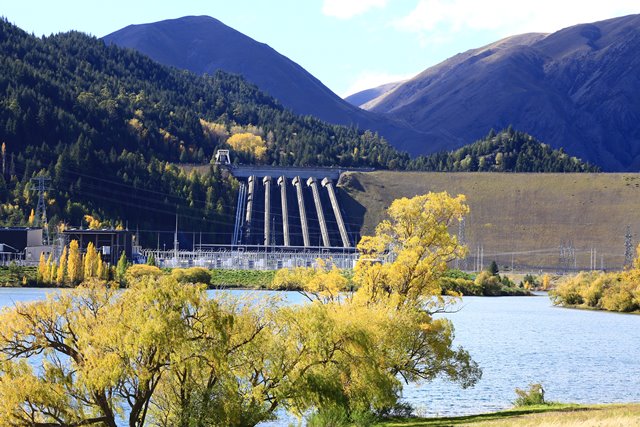
Biomass
Africa has an abundance of biomass resources. This includes agricultural waste, forestry waste, and animal manure, which can be converted into energy via biogas and biofuels.
Nuclear Power for African Energy Generation
Africa is home to a significant portion of the world’s uranium deposits, which are required for nuclear power production. Namibia leads the way in uranium deposits with more than 400,000 metric tons as of 2019.
Several African nations, including Egypt, Nigeria, and South Africa, are also looking into the development of nuclear power as an energy source. For nations with high energy demands, nuclear power has the potential to deliver dependable, baseload electricity.
Nuclear power does, however, also come with a number of difficulties, particularly in terms of security and safety.
Tidal and wave energy are other examples of natural resources in Africa that can increase the global energy demand. Countries like South Africa and Mauritania have already begun investing in these natural resources.
Minerals and Metals
Although mineral and metal resources like gold, diamond, copper, cobalt, and platinum do not directly affect energy production, they can play a role in the development of the African energy sector.
For example:
Copper is a critical component in the manufacture of electrical wiring and equipment, both of which are required in the energy sector. Copper is also used to manufacture transformers, generators, and motors, all essential components of energy infrastructure.
Cobalt is another important element in energy. It is a vital component in the manufacture of rechargeable batteries, which are used in electric vehicles and energy storage systems.
In addition, Platinum is an essential component of fuel cells, which are used to generate electricity in an environmentally friendly and efficient manner.
Fuel cell demand is expected to rise as the world moves toward a low-carbon future. So, if Africa becomes proactive, the continent can be a major player in the future.
Lastly, gold and diamond are not directly used in energy generation. However, they can be used as a store of value to finance energy projects, which are typically expensive.
While the Democratic Republic of the Congo (DRC) has some of the largest cobalt and copper reserves in the world, South Africa is the world’s top producer of platinum and chrome.
Read: African Mining: Examining Its Economic and Environmental Impacts
Challenges and Opportunities Facing Africa’s Energy Industry
Although these natural resources have a great deal of potential for economic growth and development, they also come with difficulties.
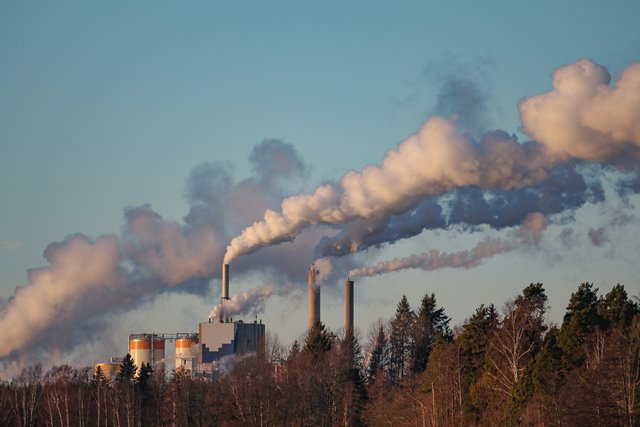
Environmental Degradation
The unchecked mining of natural resources can cause environmental degradation. A significant threat from climate change also exists for renewable energy sources and natural landscapes.
Mining operations may also result in deforestation, water pollution, and community evacuation.
Nevertheless, African nations can maximize the potential of these resources while addressing the associated challenges with the right policies and investments.
For example, investments in renewable energy can improve energy security and climate resilience.
Addressing some of the major issues the continent is currently facing must be accomplished if the natural resource potential on the continent is to be fully realized.
Bribery and Corruption
Corruption is a significant issue that has long plagued many African nations. The growth of the economy and investment can be hampered by corrupt practices like bribery and embezzlement, which can also erode public confidence in governmental institutions.
As a result, African governments must fight corruption. And create open, accountable governance systems that support the equitable distribution of natural resource revenues.
Poor Infrastructure
Inadequate infrastructure is another issue the continent is facing. Basic infrastructure like ports, power plants, and roads is lacking in many areas of Africa. And this can make it challenging to efficiently exploit natural resources and get them to market.
The infrastructure required to support the development of natural resources must be built. And this investment must come from African governments and international partners.
Initiatives to Support the Growth of the African Energy Sector
Africa’s natural resources present enormous potential for economic growth and development despite these challenges.
African nations can take advantage of their natural resources to boost economic growth, create jobs, and raise living standards with the right investments and policies.
For instance, the African Union’s Agenda 2063 seeks to use the natural resources of the continent to promote industrialization and advance sustainable development.
As we’ve seen, with its wealth of natural resources and expanding market for energy services, Africa has a lot of potential as a major global energy player. The realization of this potential, however, necessitates ongoing research, expenditure, and cooperation.
In order to advance policies and investments that prioritize the growth of an inclusive and sustainable energy sector in Africa, governments, business organizations, and civil society organizations must cooperate. This entails expanding access to contemporary energy services.
It also includes promoting the use of renewable energy sources and ensuring the safe and secure development of fossil fuel and nuclear power resources.
The development of local communities and businesses’ capacity to participate in the energy sector is also necessary. Moreover, African countries must invest in ongoing research to find more innovative ways to grow the energy sector.
We can support economic growth and poverty eradication by prioritizing the growth of an inclusive and sustainable energy sector in Africa. We can also support international efforts to fight climate change and promote sustainable development.
Before you go…
Hey, thank you for reading this blog to the end. I hope it was helpful. Let me tell you a little bit about Nicholas Idoko Technologies. We help businesses and companies build an online presence by developing web, mobile, desktop, and blockchain applications.
We also help aspiring software developers and programmers learn the skills they need to have a successful career. Take your first step to become a programming boss by joining our Learn To Code academy today!











